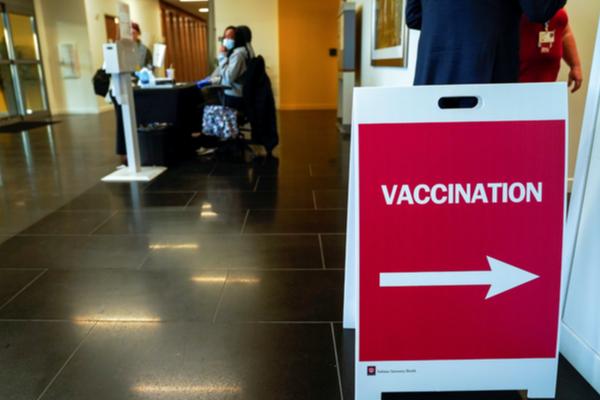Dec 14, 2020
Initially, the available doses of the vaccine are limited; experts estimate that it could be months before the vaccine is available to most Americans. And for the incoming administration as well as public health experts, this raises a number of ethical questions, most importantly: Who should be the first to receive the vaccine?
Read the Full Article

Already a subscriber? Login
